The move will delay the start of travel bubbles with Japan and South Korea, due to start Dec.1 until Dec. 15.
Hunt said Australia expected to resume international arrivals on Dec. 15, but that will still be pending medical advice.
The Omicron variant, which has a number of unusual mutations that could make it more transmissible, has now been reported in Canada, the United Kingdom, many European Union countries, Israel, and others outside the African continent.
Australia’s scheduled reopening to international students and visa holders has also been pushed back for two weeks to mid-December.
“We will be working to ensure that we will open our borders as soon as we possibly can,” Home Affairs Minister Karen Andrews said.
“We are acutely aware of the impact this will have on individuals, families and businesses.”
Australia’s immunisation advisory panel is considering recommending booster shots sooner than six months after a second dose to help defend against the variant.
“We know it’s transmissible. We don’t know still about the vaccine effectiveness. We don’t know about the severity and there’s mixed reports on that from South Africa,” Chief Medical Officer Paul Kelly said.
Five cases of the Omicron variant have been confirmed in Australian quarantine, four in New South Wales (NSW) and one at the Northern Territory’s Howard Springs quarantine facility.
“We are continuing along our suppression strategy. This is part of that. This is a temporary pause so we can get that information that we need,” Kelly said.
Federal, state, and territory leaders will on Tuesday afternoon discuss quarantine arrangements after Victoria, NSW, and the ACT ordered all international arrivals to isolate for 72 hours.
Australia had already temporarily paused flights from nine southern African countries, and this will be extended to Dec. 15 as well, Hunt said.
Meanwhile, the Business Council of Australia wants COVID-19 restrictions to deal with Omicron to be consistent across states and territories.
“If we’re acting on health advice, then why isn’t that consistent in each state?” chief executive Jennifer Westacott told ABC radio.
“Everyone assumes that we’re going to have more mutations, more variants on this. Let’s get the systems in place.
“It’s not too late to stand these things up, whether it’s dedicated quarantine facilities or whether it’s particular systems that industry pays for so that we can keep things moving and get momentum into the economy.”
Nearly 87 percent of Australians aged 16 and older are fully vaccinated.
The World Health Organisation warned slamming borders shut to countries that report new variants could backfire.
“We don’t like to see that level of restriction because that really punishes [those countries],” WHO spokeswoman Margaret Harris told Sky News.
“It makes other countries less comfortable about being so helpful to the rest of the world.”
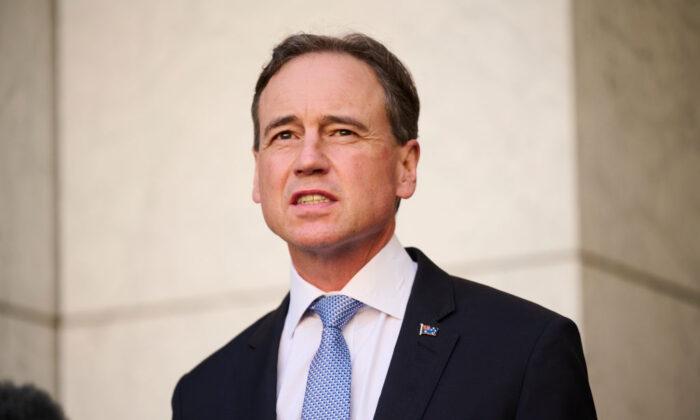

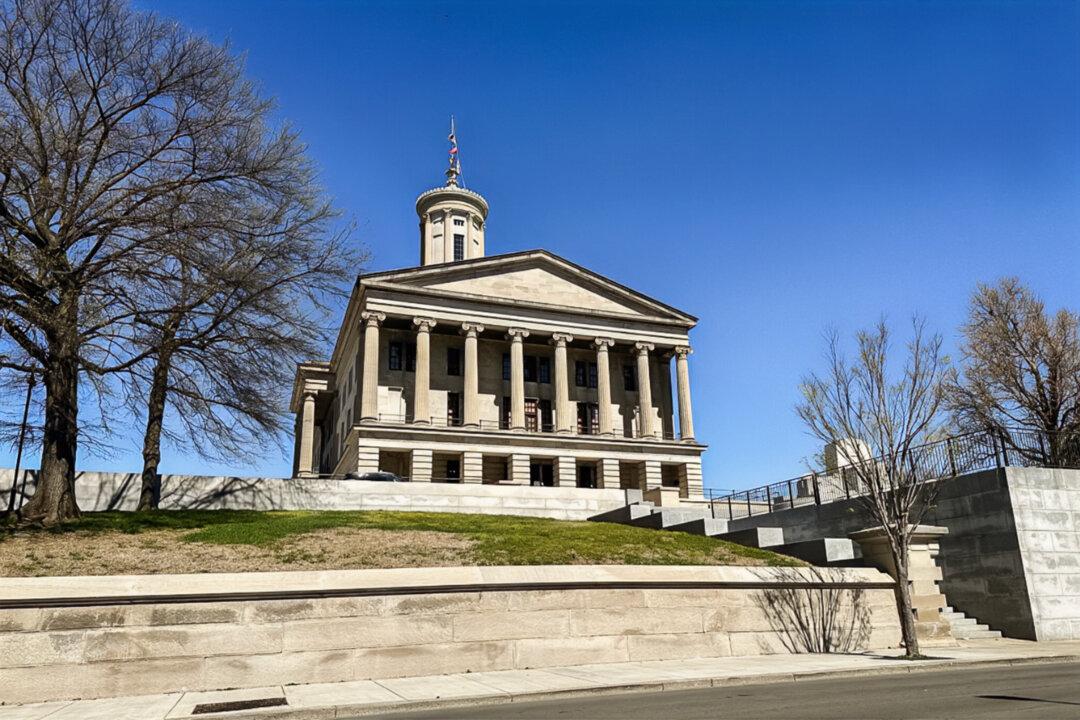
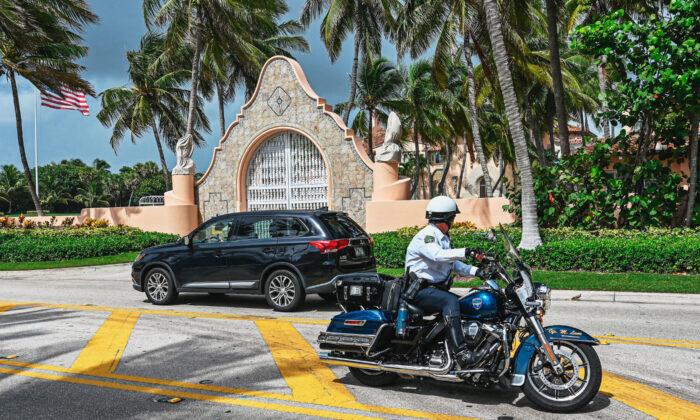
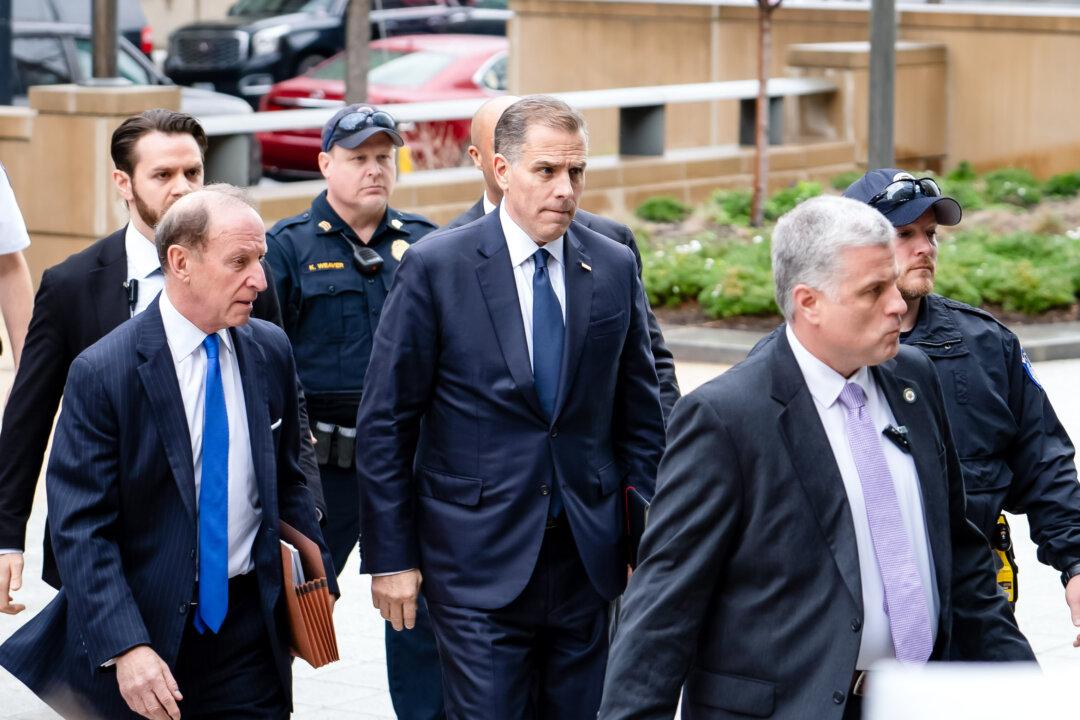
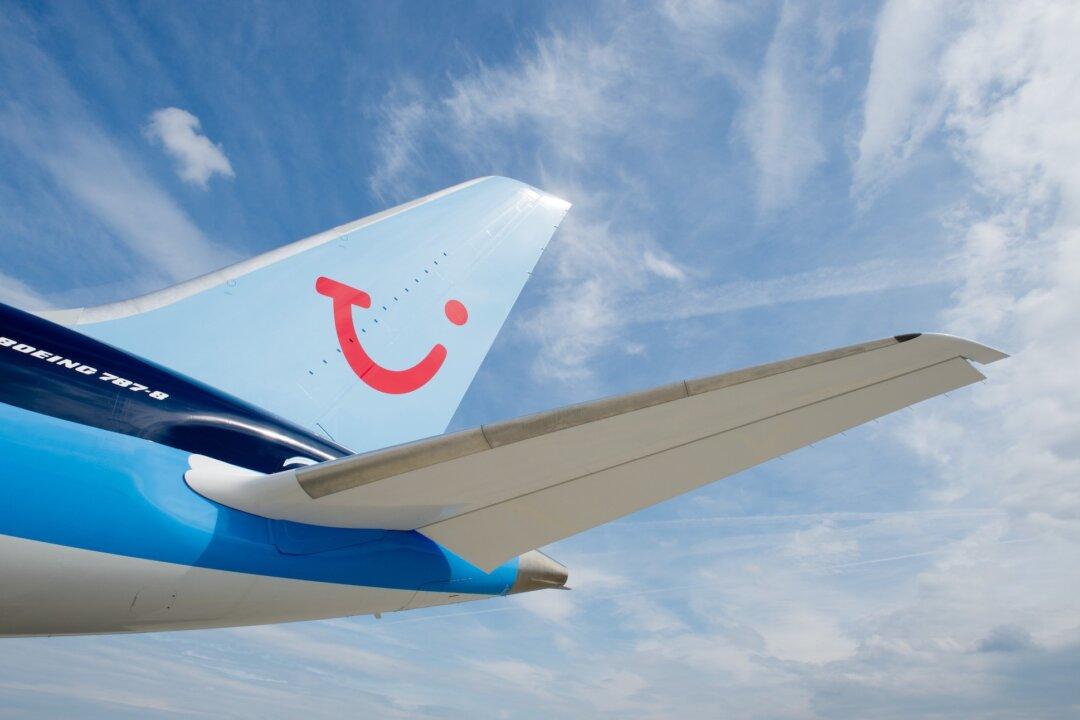
Friends Read Free